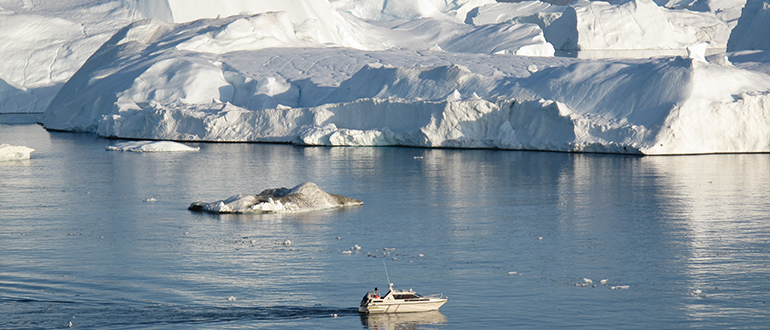
Nordregio project: Sustainable Tourism Development in the Arctic
The project’s aim is to investigate how to utilize existing human capital, natural resources (especially living marine resources) and infrastructure capacity to develop innovative sustainable tourism that can diversify and make Arctic economic development more resilient
This includes a definition of tourism that encompasses increased marketing of location-branded goods.
The project brings academic experts in Arctic marine resource economics, tourism and marketing together with tourism practitioners whose livelihoods rely upon living marine resources. The overlaps between environmental and resource economics and tourism research regarding demand and supply of tourism experiences deepen the ability to understand relationships between resource use and degradation, the role of place, and the particulars of economic activity involving tourism operators, tourists, and competing uses of leisure time and income.
Challenges for sustainable Nordic Arctic tourism development include capacity constraints on capital, labor, natural and physical capital, and strong seasonal differentiations that require consideration for optimal investments. With this comprehensive approach, the project can identify and compare prospects and challenges across the industries and regions to generate policy relevant materials to help guide efforts to enhance sustainable tourism development, particularly for communities affected by structural changes in living marine resource industries.
The method is a series of workshops in Nordic Arctic destinations (Finnmark, Iceland, and Faroes) where entrepreneurial sustainable tourism is developing in combination with changes in opportunities for living marine resource extraction for commercial purposes. In addition to policy relevant outputs, expected results include peer-reviewed research publications and increased networking and support for sustainable Nordic tourism.
The project has been granted DKK 250,000, and the project period is from 2017 till 2021.
Contact person: Professor WSR Brooks Kaiser